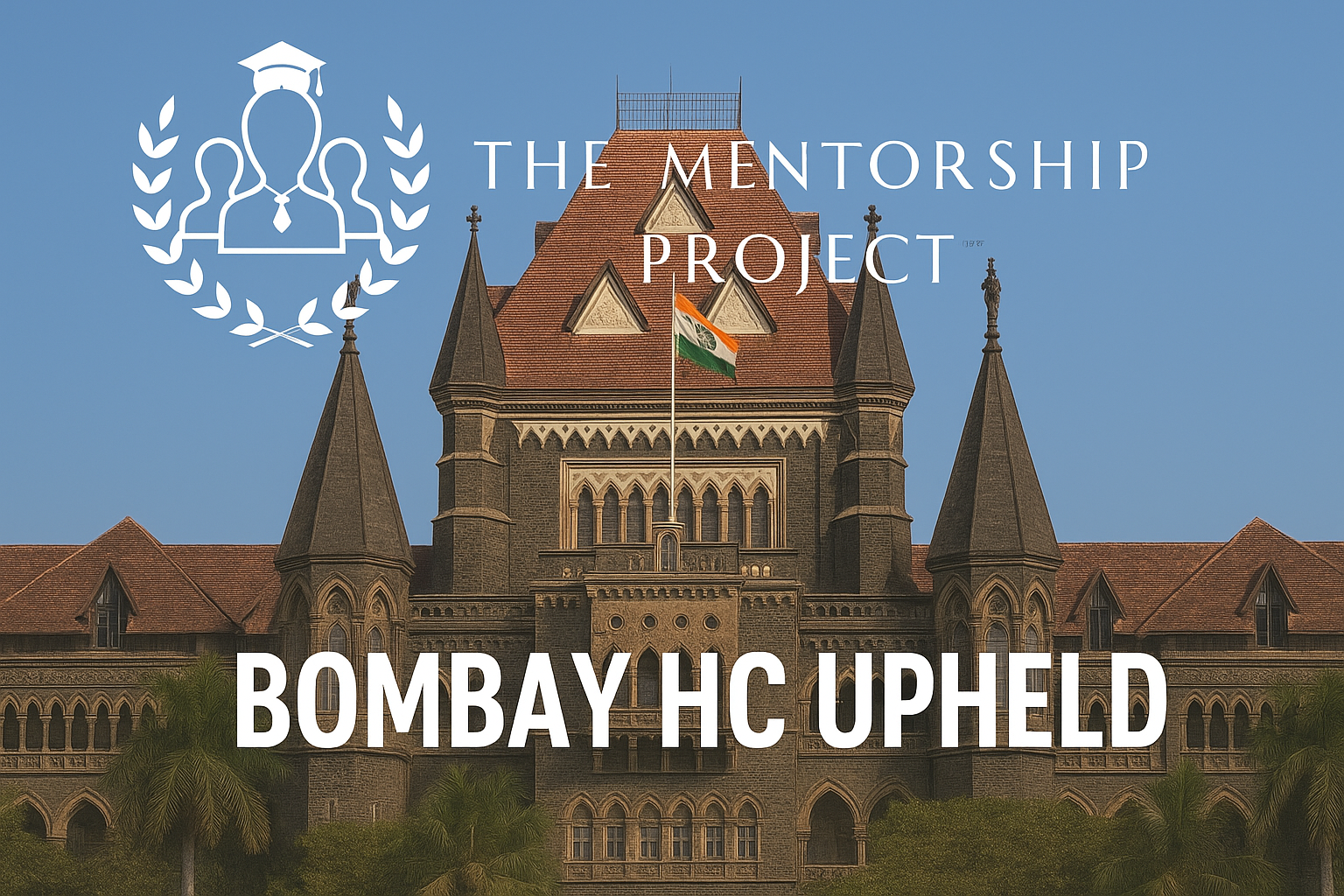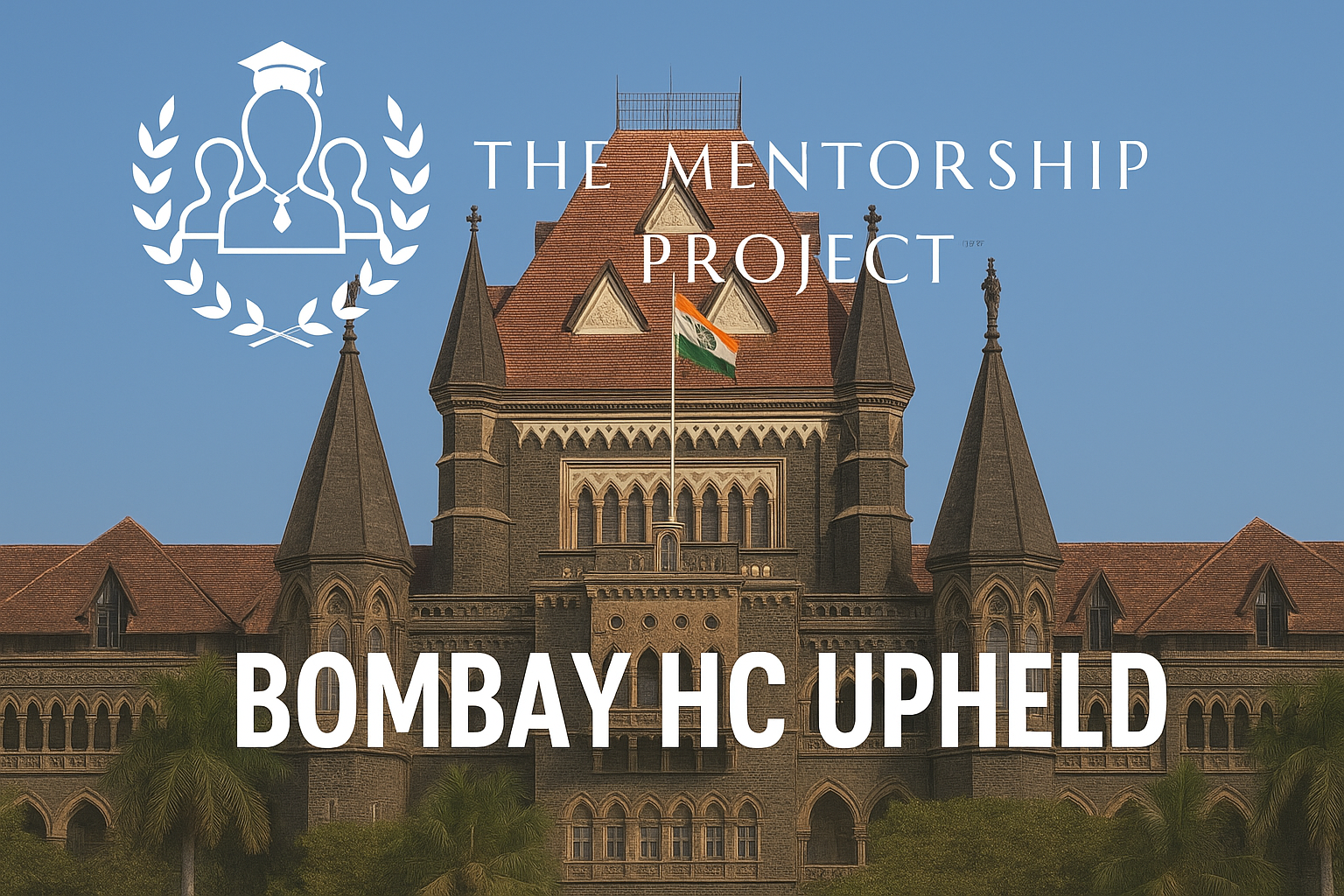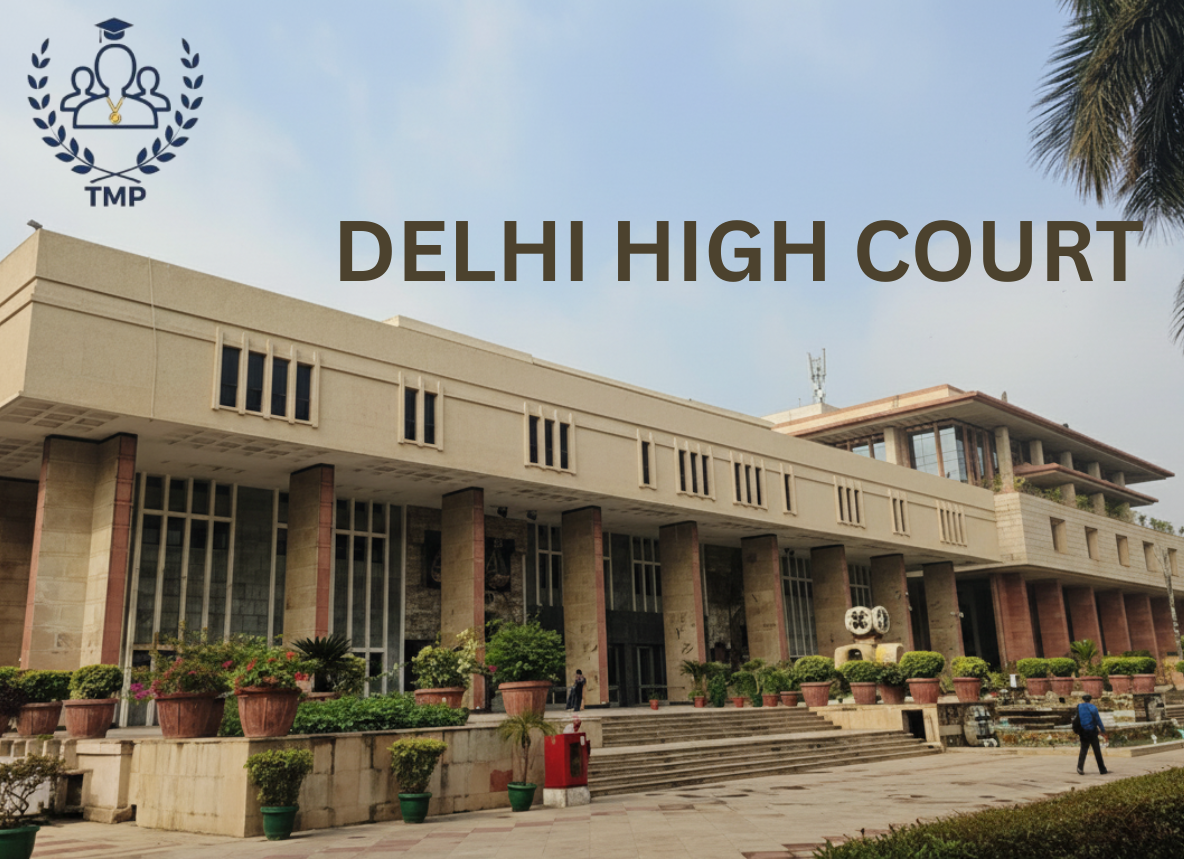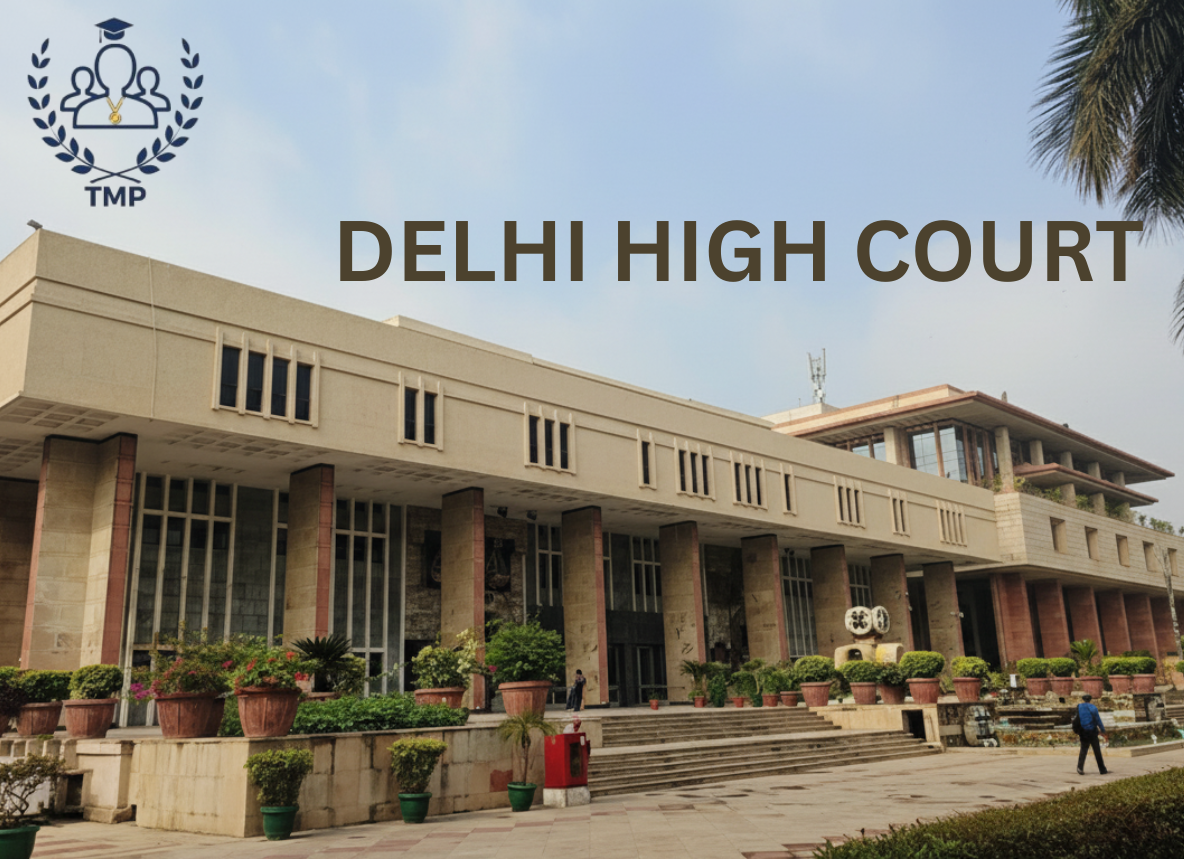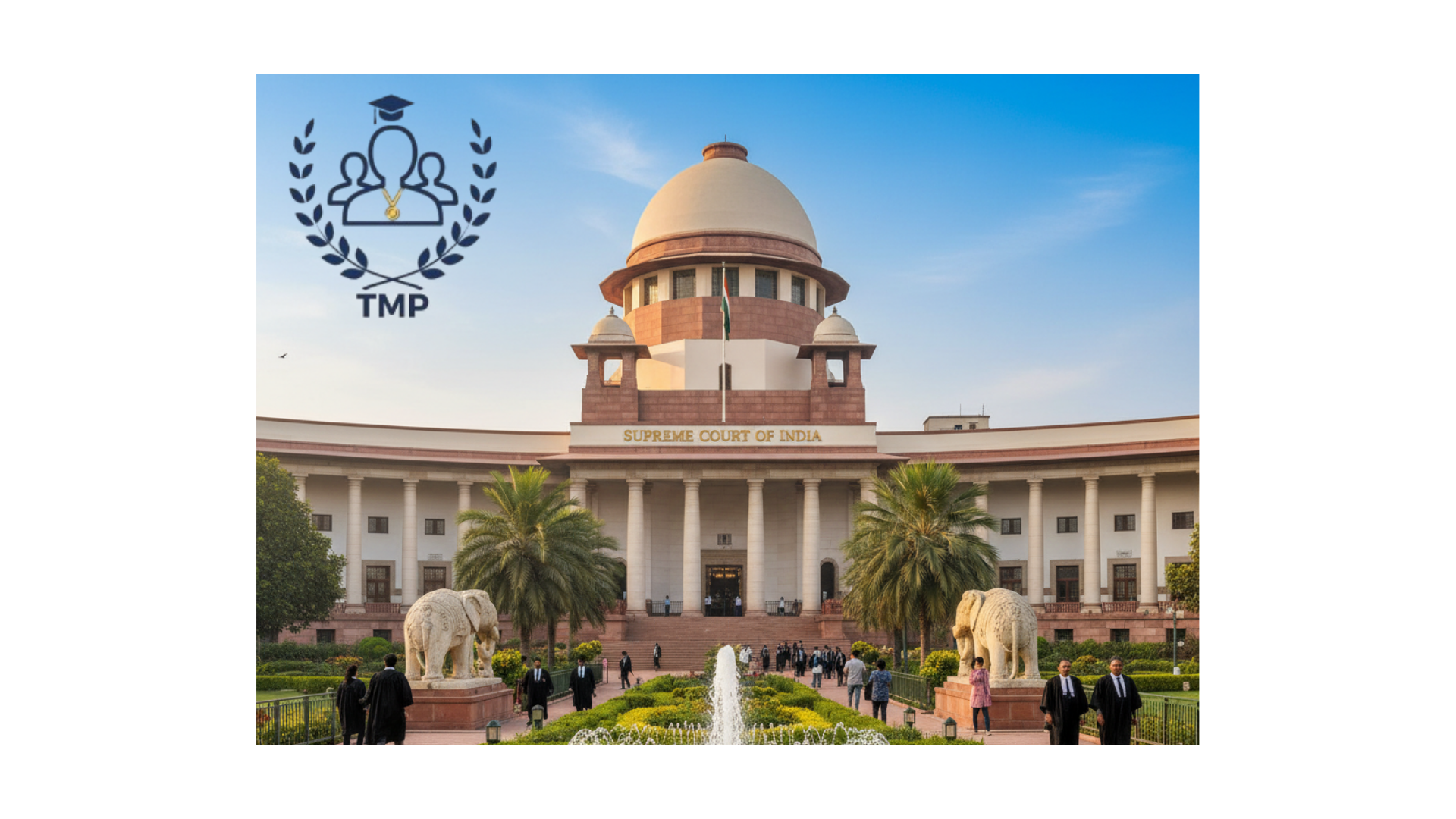October 04 , 2025
Bombay HC Upholds DCPR Rule on Slum Redevelopment over Open Spaces
The Division Bench’s scrutiny of open-space misuse has continued, including an October 2025 interim order questioning a 33-acre Cuffe Parade allocation under the garb of slum rehabilitation and flagging “public interest first.”
Case title
NGO Alliance for Governance and Renewal (NAGAR) & Ors. v. State of Maharashtra & Ors., W.P. No. 1152 of 2002;
Neutral Citation: 2025:BHC-OS:8963-DB (19 June 2025).
Bench
Justice Amit Borkar; Justice Somasekhar Sundaresan.
Legal issue
Whether Regulation 17(3)(D)(2) of the DCPR 2034, allowing slum redevelopment on lands reserved as Public Open Spaces ("POS") with 35% open area retained, violates constitutional guarantees (Articles 14 & 21), the public-trust doctrine, and planning law principles.
Brief Facts
NAGAR, a civic NGO, challenged the long-running policy trajectory that permits using reserved POS for slum rehabilitation. The 2022 amendment to DCPR 2034 enables redevelopment on POS exceeding 500 sq m if at least 35% remains open. Petitioners argued this legalizes diversion of up to 65% of public land, undermining environmental rights and the public-trust doctrine. The State, SRA, and MCGM defended the regulation as a balanced response to twin constitutional imperatives, environment and shelter, supported by policy committees and consultation. Multiple stakeholders intervened (including developers and resident groups).
Judgement
The Court upheld the regulation’s constitutional validity, refusing to strike it down, but imposed robust safeguards: (i) at least 35% of the total plot must be retained as demarcated, functional public open space; (ii) POS must be developed with basic amenities and handed over to the municipal authority within a fixed timeline; (iii) violations to trigger corrective and, if needed, disciplinary action; (iv) ward-wise action plans and GIS geotagging of POS within set periods; and (v) oversight by the State/SRA to ensure implementation. The Bench emphasized that Article 21 protects both a clean environment and the right to shelter, requiring calibrated balance rather than absolutism. This decision sets binding operational benchmarks for SRA projects citywide and will shape approvals, layouts, and compliance going forward.
To read the full judgement, click here.

